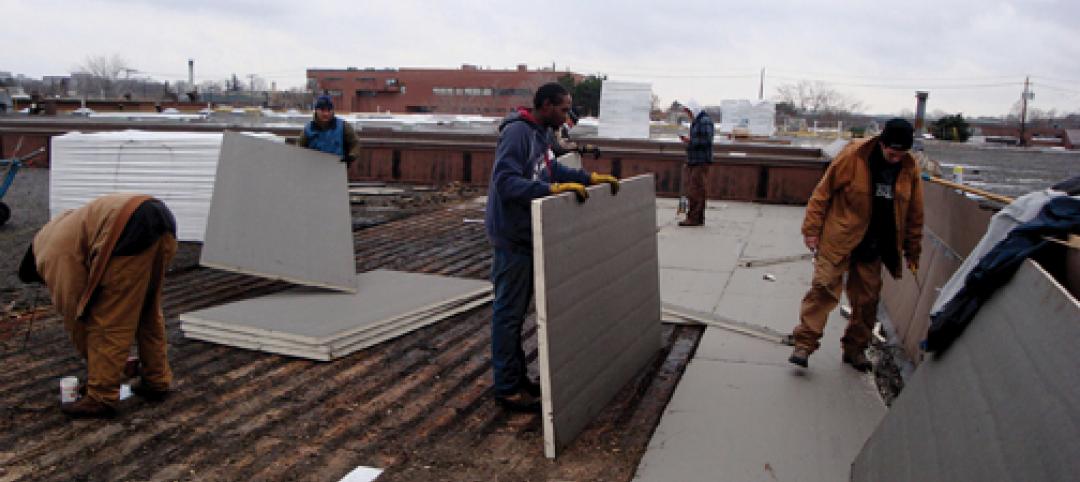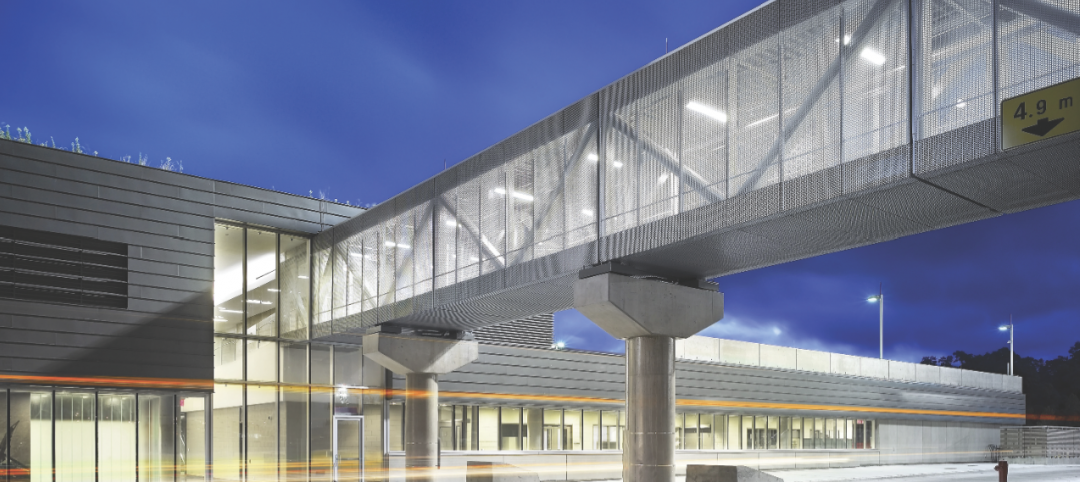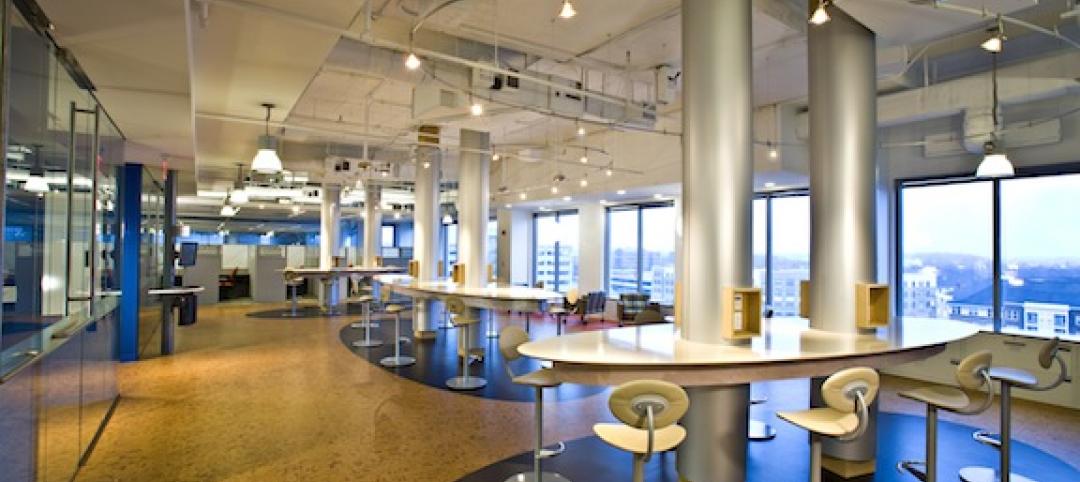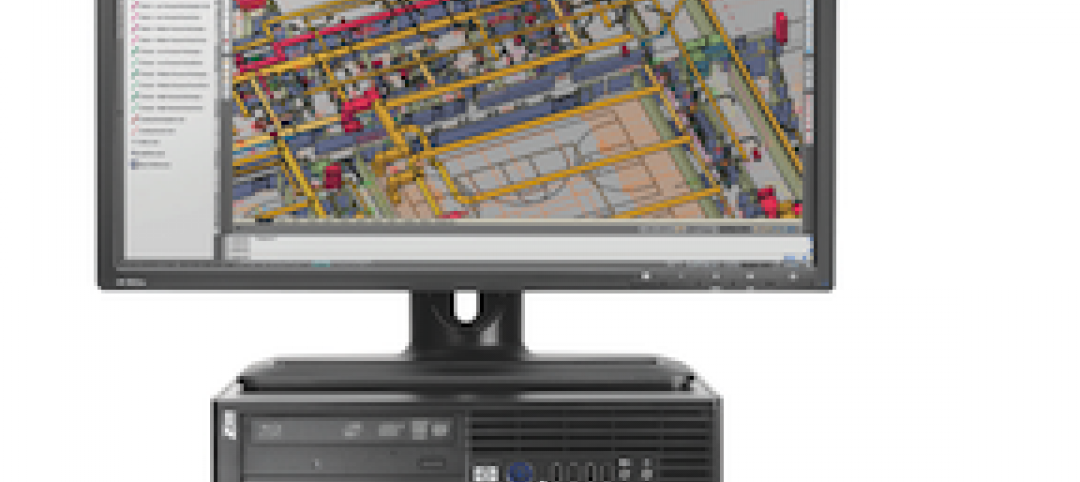The recession reduced retail construction spending early and deeply, but now most of the decline should be behind us. Construction spending is down 48% over the last two-and-a-half years, and the value of retail construction starts reported by Reed Construction Data fell 41% in 2009 vs. 2008. Construction spending is expected to drop 5-6% more by late 2010; the decline will be close to 10% after adjusting for project cost inflation. Retail construction starts are expected to be unchanged early in 2010 and then begin rising quickly later in the year.
The reasons for the steep construction declines differ for developers, large retail chains, and smaller retailers. Shopping center and mall developers cut construction spending before the September 2008 credit freeze because they saw declining returns for commercial real estate investments. With recovery, prospective returns will be rising again by the end of the summer.
Construction spending in 2009 fell 50% for shopping centers and 40% for shopping malls. Retail chains, which slowed spending in late 2007 and cut more deeply when the credit freeze began, have maintained steady spending in recent months. Building supply centers cut spending 57% in 2009. Smaller retailers continued to expand construction spending until just a few months before the credit freeze, then sharply slashed spending when they lost access to credit and suffered a drop in their ability to offer lenders collateral and equity participation. Construction spending for standalone stores fell 70% in 2009. Spending declined about 45% for auto dealers, auto parts/service facilities, and restaurants and bars. —Jim Haughey, BD+C economist
Related Stories
| Jan 25, 2011
Sherwin-Williams Zero-VOC Claim Misleading, Says BBB
In a move that could prompt industry-wide changes to claims about volatile organic compounds (VOCs), the Better Business Bureau’s National Advertising Division (NAD) has told Sherwin-Williams it should stop marketing its Harmony line of paints as “zero-VOC.” Sherwin-Williams said it will accept NAD’s decision and will take the findings into consideration in its future advertising.
| Jan 7, 2011
How Building Teams Choose Roofing Systems
A roofing survey emailed to a representative sample of BD+C’s subscriber list revealed such key findings as: Respondents named metal (56%) and EPDM (50%) as the roofing systems they (or their firms) employed most in projects. Also, new construction and retrofits were fairly evenly split among respondents’ roofing-related projects over the last couple of years.
| Jan 4, 2011
Product of the Week: Zinc cladding helps border crossing blend in with surroundings
Zinc panels provide natural-looking, durable cladding for an administrative building and toll canopies at the newly expanded Queenstown Plaza U.S.-Canada border crossing at the Niagara Gorge. Toronto’s Moriyama & Teshima Architects chose the zinc alloy panels for their ability to blend with the structures’ scenic surroundings, as well as for their low maintenance and sustainable qualities. The structures incorporate 14,000 sf of Rheinzink’s branded Angled Standing Seam and Reveal Panels in graphite gray.
| Jan 4, 2011
Furniture Sustainability Standard - Approved by ANSI and Released for Distribution
BIFMA International recently announced formal American National Standards Institute (ANSI) approval and release of the ANSI/BIFMA e3-2010 Furniture Sustainability Standard. The e3 standard represents a structured methodology to evaluate the "sustainable" attributes of furniture products and constitutes the technical criteria of the level product certification program.
| Dec 7, 2010
Product of the Week: Petersen Aluminum’s column covers used in IBM’S new offices
IBM’s new offices at Dulles Station West in Herndon, Va., utilized Petersen’s PAC-1000 F Flush Series column covers. The columns are within the office’s Mobility Area, which is designed for a mobile workforce looking for quick in-and-out work space. The majority of workspaces in the office are unassigned and intended to be used on a temporary basis.
| Nov 2, 2010
A Look Back at the Navy’s First LEED Gold
Building Design+Construction takes a retrospective tour of a pace-setting LEED project.
| Nov 2, 2010
Wind Power, Windy City-style
Building-integrated wind turbines lend a futuristic look to a parking structure in Chicago’s trendy River North neighborhood. Only time will tell how much power the wind devices will generate.
| Oct 13, 2010
Test run on the HP Z200 SFF Good Value in a Small Package
Contributing Editor Jeff Yoders tests a new small-form factor, workstation-class desktop in Hewlett-Packard’s line that combines performance of its minitower machine with a smaller chassis and a lower price.
| Oct 13, 2010
Prefab Trailblazer
The $137 million, 12-story, 500,000-sf Miami Valley Hospital cardiac center, Dayton, Ohio, is the first major hospital project in the U.S. to have made extensive use of prefabricated components in its design and construction.













